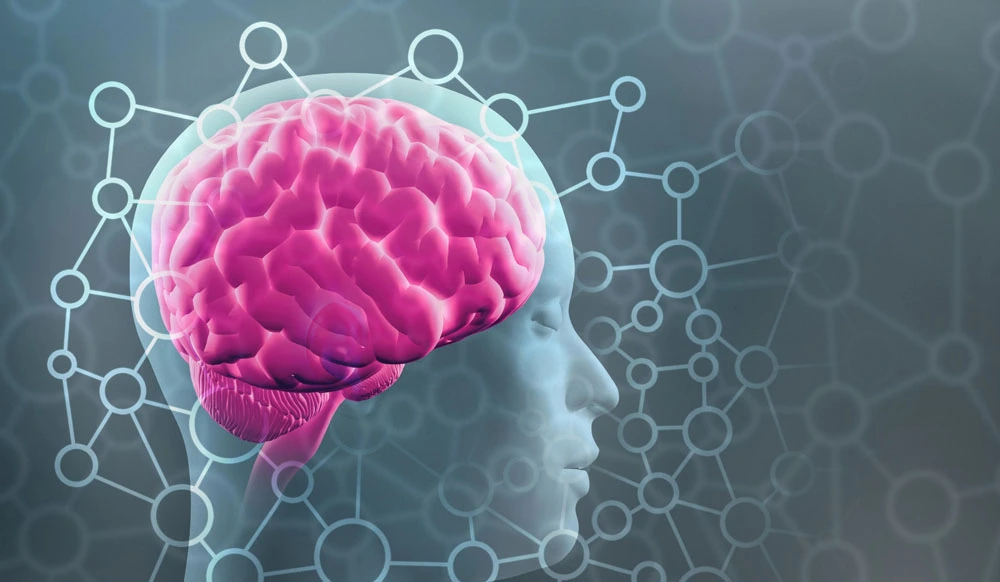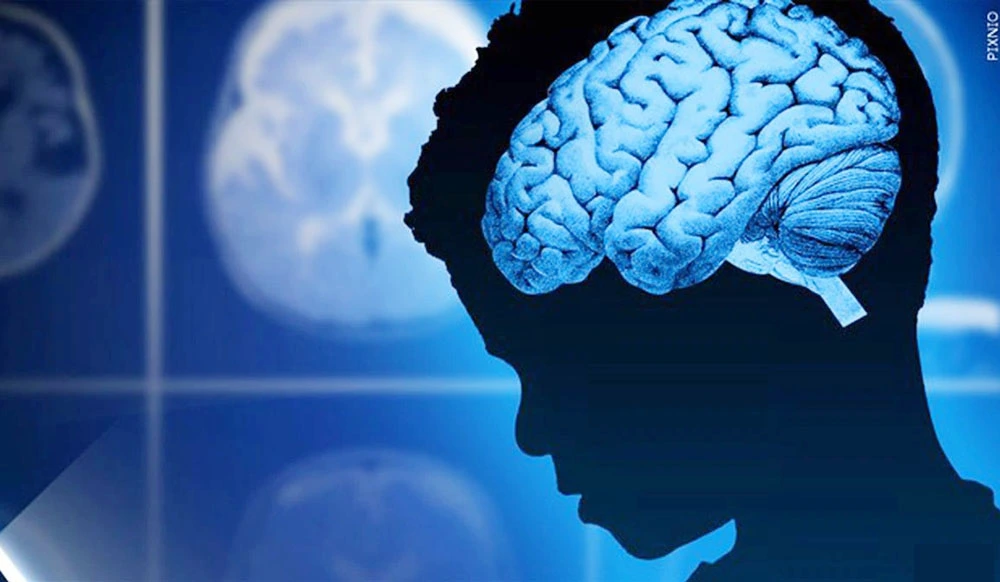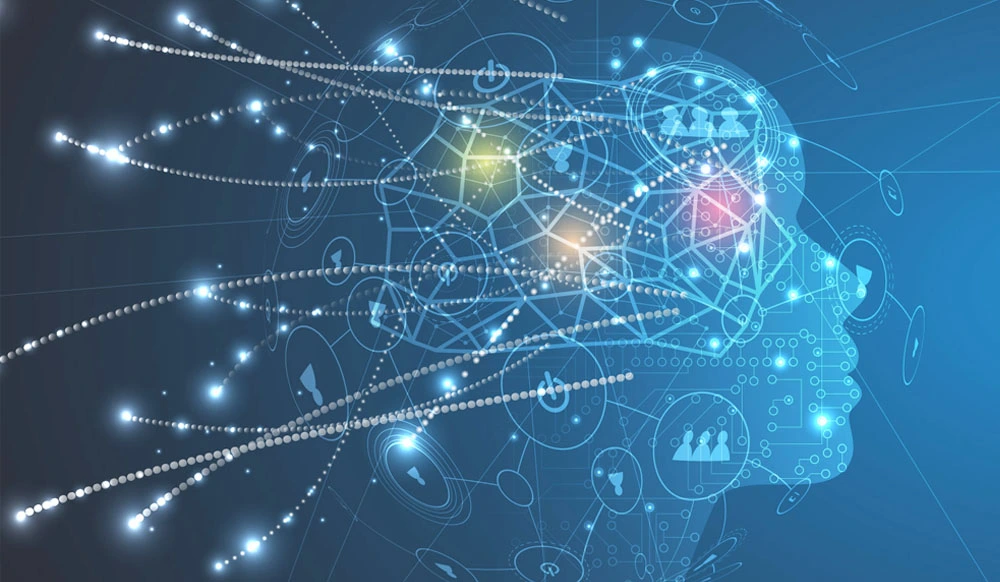- +91-9818687903
-
FMRI - Gurugram

What is the memory capacity of a human brain ?
Understanding Memory Capacity
Memory, the cornerstone of human cognition, enables us to retain, recall, and integrate information from our experiences. As a renowned neurologist in Gurugram, Dr. Praveen Gupta has extensively studied the memory capacity of the human brain. While the exact quantification of memory capacity is not known to anyone, some debates among researchers is that the brain possesses a virtually limitless potential to store information.
Short-term Memory
Within the human brain, two primary forms of memory exist: short-term memory (STM) and long-term memory (LTM). Short-term memory refers to the temporary storage of information which is also known as declarative memory, allowing us to retain crucial details for a short duration. For example, recalling a phone number or following directions relies on STM. Although the capacity of STM is estimated to range from 7 to 9 items, it is important to note that individual variances and the nature of the information being processed can impact this capacity.
Long-term Memory
Long-term memory, the reservoir of knowledge and experiences, possesses a far larger capacity compared to STM. It has the potential to hold an extensive amount of information indefinitely. Dr. Praveen Gupta, the esteemed neurologist in Gurugram, highlights that long-term memory can be further categorized into declarative (explicit) memory and non-declarative (implicit) memory.
Declarative memory encompasses episodic memory, responsible for retaining specific events and experiences, and semantic memory, which focuses on general knowledge and facts. Episodic memory allows us to relive cherished moments, while semantic memory helps us grasp concepts, languages, and learned information.
Non-declarative memory encompasses procedural memory, facilitating the acquisition of skills and habits, and emotional memory, where associations between emotions and stimuli are stored. For instance, procedural memory allows us to ride a bicycle effortlessly, while emotional memory influences our reactions to various situations.
Capacity of the Human Brain
Dr. Praveen Gupta, emphasizes the remarkable and near-limitless capacity of the human brain. The brain's ability to create new connections between neurons, known as synapses, forms the foundation of memory formation and information storage.
Furthermore, the brain exhibits extraordinary neuroplasticity, enabling it to adapt, reorganize, and expand its neural networks. This dynamic process facilitates the formation of new memories and the modification of existing ones, further expanding the brain's capacity to store information.
Optimizing Memory and Embracing Brain Health
While the human brain's memory capacity is awe-inspiring, it is crucial to optimize its performance and maintain its health. Dr. Praveen Gupta, recommends the following strategies to enhance memory
- 1. Stay Mentally Active : Engage in activities that challenge your brain, such as puzzles, reading, or learning a new skill.
- 2. Embrace Regular Exercise : Physical activity promotes blood flow to the brain, stimulating the growth of new neurons and enhancing cognitive function.
- 3. Cultivate a Balanced Diet : Nourish your brain with a wholesome diet rich in fruits, vegetables, whole grains, and healthy fats to support optimal brain health.
- 4. Prioritize Quality Sleep : Adequate sleep facilitates memory consolidation and overall cognitive function.
- 5. Effectively Manage Stress : Chronic stress can hinder memory and cognitive abilities, so practice stress-reduction techniques like meditation or yoga.
Although the precise limits of the brain's memory capacity remain elusive, ongoing research and advancements in neuroscience continuously shed light on its astonishing capabilities. As you embark on your own personal voyage of memory enhancement, remember that your brain is a universe within itself. By optimizing memory performance and embracing brain health, you unlock the true potential of your mind, empowering yourself to learn, remember, and create lasting memories.



